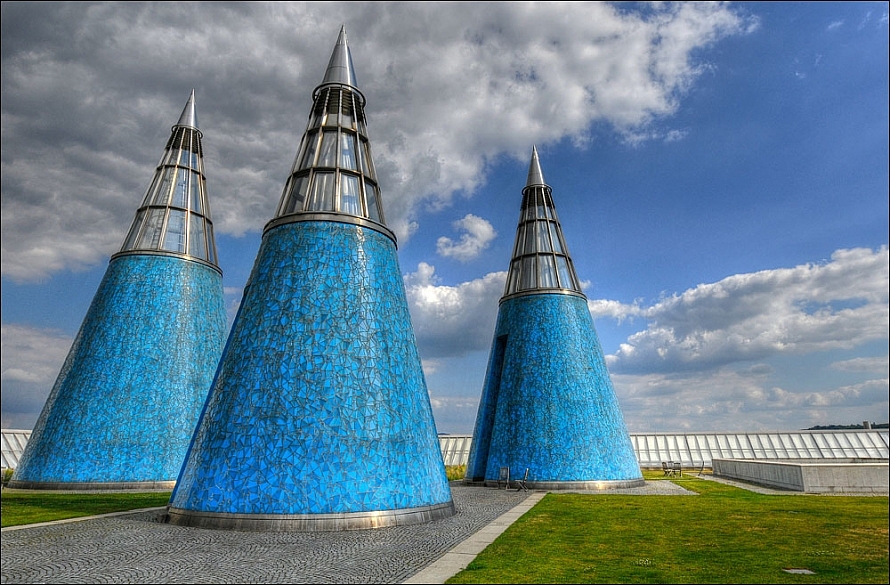The EBRD’s release states that the continuing crisis between Russia and Ukraine is weighing on the economies of the EBRD region, with only a modest recovery expected in 2015 after a sharp slowdown in growth this year.
Next year the EBRD predicts Latvia’s gross domestic productivity (GDP) will grow by 3.2%, revised down from earlier estimates at 3.7%. This is still the strongest growth line predicted by the EBRD among the eight Central European and Baltic region states termed emerging economies.
Countries in central Europe and the Baltics and in south eastern Europe are expected to continue recovering at a moderate pace, with positive influences from the eurozone only partly offset by the weaker demand from Russia and the impact of a ban on some food exports to Russia.
New forecasts from the EBRD are revised down slightly compared with earlier predictions in May. The Bank’s latest economic report says, "The volatile security situation in Ukraine makes the forecasts exceptionally uncertain."
The Bank’s economists also issue a stark warning, "Permanently higher military spending in the transition region over the medium term, in response to the renewed geopolitical risks, could erode the peace dividend from the dissolution of the Soviet Union.”
“Just when national governments remain financially strapped in the wake of the global financial crisis, any new build up in military spending will be an additional fiscal burden that will stand in the way of the recovery and economic reforms for the future,” the EBRD’s Chief Economist Erik Berglof said.
“A removal of the peace dividend would be a further blow to a generation that has sought a change for the better,” he added
The report sees growth in the whole region slowing to 1.3 per cent in 2014, from 2.3 per cent in 2013, with a modest pick up to just 1.7 per next year. This would mark the fourth consecutive year of regional growth below 3 per cent.
The Russian economy, under pressure both from the sanctions imposed from abroad as well as from the counter sanctions with which it has responded, is expected to stagnate in 2014 and contract slightly next year.
The EBRD was founded in 1991 to help the former Soviet-bloc states in Europe and Central Asia make a successful switch from controlled centralized economies to open market systems. The bank operates in 29 countries, investing primarily in private sector projects. It is owned collectively by 63 nations and two inter-governmental organzations, the EBRD is the largest financial investor in the region and also mobilises significant foreign direct investment into its countries of operations.






























